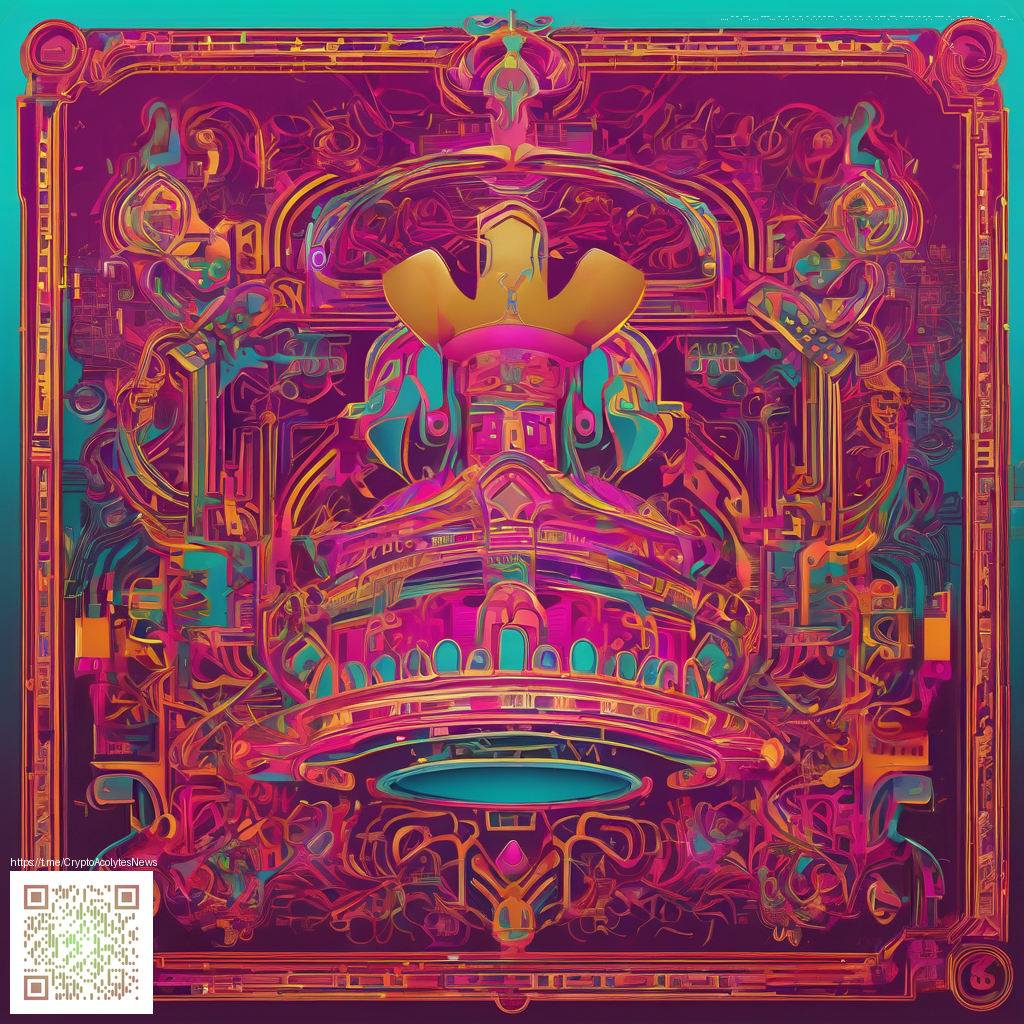
The Mind's Last Test
In a windowless annex carved into the building's forgotten wing, Mira Calder lies on a narrow cot, electrodes clipped to her temples, a hum like a distant bass line filling the air. The door seal sighs closed, and a voice—calm, relentless—pours through the intercom: Welcome to The Mind's Last Test. The room awakens in soft shades of grey and the air tastes faintly of rain that never falls. There are no windows, only the glow of a screen that blooms and dims as if listening to her breath. The test has begun, though Mira cannot recall volunteering for anything that would call itself a mercy.
At first, the stimuli are simple: a ticking clock that never seems to reach zero, a lamp that flickers with the cadence of her heartbeat, and a corridor that keeps rearranging itself when she blinks. The facilitator promises realism, then unsettles it just enough to remind her that this is not a dream. It is a survival exercise with a sharper edge: the mind must negotiate fear without surrender, must rewrite tomorrow when yesterday refuses to be rewritten. Mira finds herself navigating a landscape that folds inward—memories become instruments, and every choice she makes casts a longer shadow than the last.
“The mind survives by choosing what is real and what is bearable. Do not mistake the two,” the voice intones. “If you listen closely, you will hear the boundary dissolve.”
Oscillating rooms present her with sequences drawn from her own life—the rain on a hospital window, a forgotten birthday, the soft voice of a parent she no longer speaks to. The test is not merely endurance but discernment: to recognize the illusion before it eats the truth, to decide what she is willing to lose in order to stay herself. A list of thresholds appears on the wall, each one signaling a moment when the mind could fracture. Mira paces the length of the corridor, counting the steps as if counting would tether her to a ground that keeps shifting beneath her feet.
- The clock’s tick thickens into a drum that thunders in the skull, insisting on a decision it’s afraid to reveal.
- Names you thought erased drift across the ceiling in pale handwriting, challenging the very memory of who you are.
- Your reflection smiles back from an unseen pane, an echo that refuses to answer to your name.
- A door that should lead to safety instead opens into another chamber, another question, another version of yourself you have not yet met.
Time loses its meaning, and Mira makes a choice that feels almost sacramental: to acknowledge the fear, to accept that it will not end by begging for mercy but by redefining what mercy could mean in a place that feasts on hesitation. When the final threshold sighs open, she steps through—and the air beyond is the same, yet different enough to remind her that a test is more than an end; it is a doorway to a never-ending interrogation of the self. The corridor ahead stretches into infinity, lined with doors labeled in her handwriting and the handwriting of others she has never met. And then she understands the truth she has always known but never admitted: the Mind's Last Test is not about escape. It is about becoming the measure by which others are judged—and perhaps, in time, becoming the judge herself.
Somewhere beyond the thresholds, a voice waits with a new set of questions, and a line of doors that all bear her name. The test continues, and so does the night.